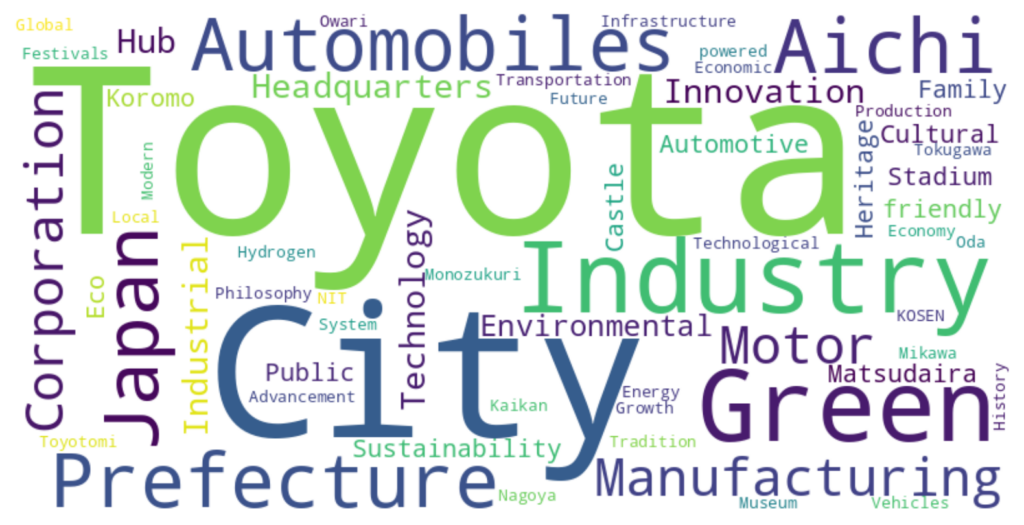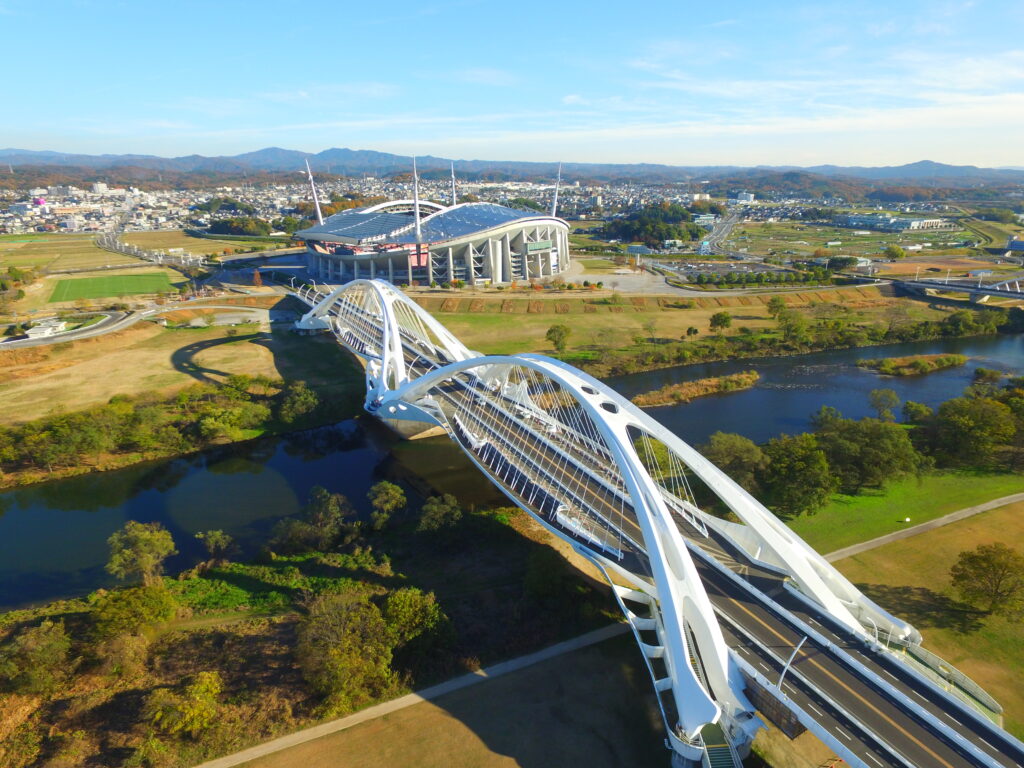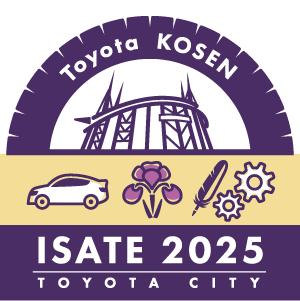What is ISATE 2025 ?
The International Symposium on Advances in Technology Education (ISATE) event started in 2007 as an international academic exchange between ten engineering colleges belongs to National Institute of Technology (KOSEN) in the Kyushu and Okinawa districts of Japan, and three polytechnics in Singapore. It aimed to enhance the quality of Engineering Education in each participating institution. In 2010, all the other KOSEN institutions of Japan joined the symposium under the initiative of the National Institute of Technology (NIT). In 2011, two more polytechnics from Singapore joined this international exchange effort as organizers. In 2013, Nagaoka University of Technology and Toyohashi University of Technology also joined the symposium. Hong Kong Institute of Vocational Education (IVE) of Vocational Training Council (VTC) officially joined to become one of the ISATE organizers in 2017.
In 2025, ISATE 2025 will be hosted by National Institute of Technology (KOSEN), Toyota College in Aichi, Japan, and will take place in Toyota City.
The Main Theme for ISATE 2025 is:
Bridging Borders: Engineering Education for Global Citizenship
There are 4 subthemes under the main theme, and some topics of interest (not exhaustive) are as shown below:
Subtheme 1: |
|
Subtheme 2: |
|
Subtheme 3: |
|
Subtheme 4: |
|
Basic Information
About Toyota City (History and Culture)

Toyota City, Aichi Prefecture, has a fascinating history that reflects both traditional culture and modern industrial development.
Located in the center of Japan’s main island of Honshu, Toyota City is about an hour’s train ride east from Nagoya, the capital of Aichi Prefecture, and has a population of approximately 420,000.
Although Toyota City is best known as the location of the headquarters of the Japanese global automobile company that shares its name, its history itself goes back long before the advent of the automobile: around the 12th century, several castles were already built in the area around present-day Toyota City. In addition, Matsudairago in this city is the birthplace of the Tokugawa family, Japan’s famous shoguns.
From around the late 19th century, the area prospered from the production of silk fabrics. However, when demand for silk declined in the 1930s, local leaders sought new opportunities, leading to the establishment of an automobile manufacturing plant by Kiichiro Toyoda of Toyoda Looms. This was the beginning of Toyota City’s transformation into a world-class automobile manufacturing center.
In 1959, the city underwent a renaming campaign to clarify its determination to move forward as a modern industrial city and also to honor the contribution of its largest employer, Toyota, the original name “Koromo City” became “Toyota City.
Today, Toyota City is home to the headquarters of Toyota Motor Corporation, six of the eleven plants in Japan, and two corporate PR facilities.
The economic boom has also led to the development of culture, and Toyota City has a number of tourist attractions designed by famous architects. Notable among these are the Toyota Bridge and Toyota Stadium, both designed by Kisho Kurokawa.
Toyota Stadium is home to both the local professional soccer team and rugby team.
Toyota Stadium hosted the 2012 FIFA Club World Cup soccer tournament and the 2019 Rugby World Cup.
Motor sports are also popular, with the 2023 and 2024 FIA World Rally Championships being held in Toyota City.
Despite its history as an industrial city, Toyota City is blessed with greenery, with approximately 70% of the city area covered by forests. There are several popular scenic hiking spots around Toyota, including Korankei, Sanageyama, and Otaki Gorge. In Obara Town, cherry blossoms and autumn leaves can be seen at the same time in autumn.


Four Seasons Cherry Blossoms and Autumn Leaves
About National Institute of Technology (KOSEN), Toyota College
National Institute of Technology (KOSEN), Toyota College offers five specialized faculties. In addition, upon completion of the five-year general course, students can continue their studies in a specialized two-year advanced course offering two majors in higher education.
The mission of National Institute of Technology (KOSEN), Toyota College is to develop human resources with practical knowledge, technical proficiency, creativity, and essential life skills to prepare them for business and society. The following are distinctive features of the institution’s educational approach:
A five-year specialized training course begins immediately after junior high school graduation.
Development of creative human resources through practical and technical education with an emphasis on experimentation and hands-on training based on a solid foundation of theoretical knowledge.
Detailed educational guidance through small class sizes.
Holistic development through extra-curricular activities and residential life.
Diverse career paths after graduation, including employment after the five-year course, progression to the two-year specialized course, transfer to a university, employment after the two-year specialized course, or further study at the postgraduate level.
This institution aims to develop students with the ability to learn independently, apply creativity, and acquire practical skills while preparing them to become internationally-minded engineers. Each student comes to the College with their own dreams and aspirations, and it is with these goals in mind that they shape their unique student experience. As students work hard to achieve their goals, our dedicated staff supports them every step of the way.
Another key feature of our institution is its close working relationship with the local business and industrial sectors, promoting various industries and research endeavors. We greatly appreciate your understanding and hope that many talented students who share our vision will be able to utilize the features of this institution in our cooperation with regional companies and the industrial sector to develop various industries and research endeavors. We appreciate your kind understanding and hope that many talented students who share our educational goals will be admitted to our college.

